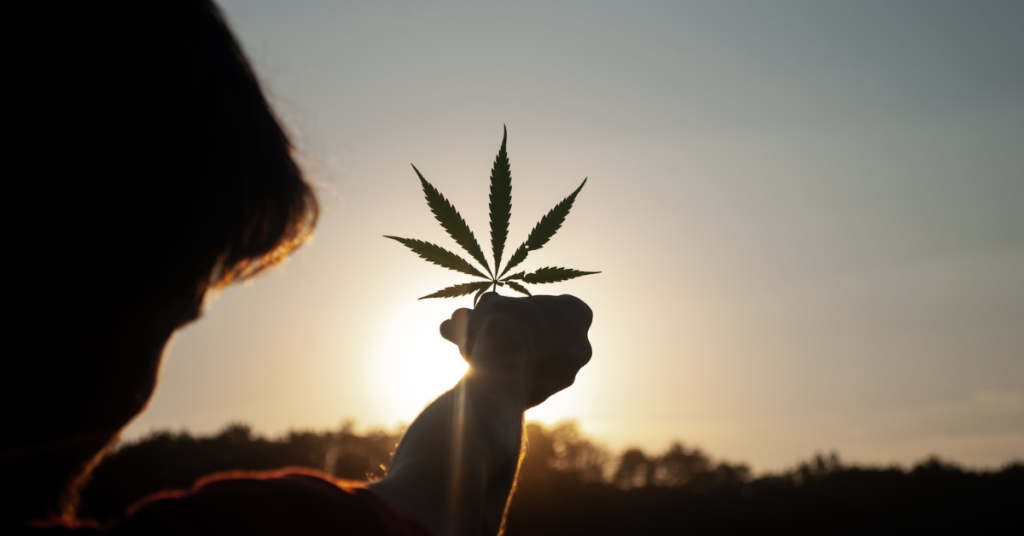Last updated on March 26th, 2024 at 01:37 am
As the public perception of cannabis continues to evolve, more and more individuals are expressing an interest in cultivating their own cannabis plants. However, the legality of such an endeavor can be quite complex. This blog post will delve into the intricacies of cannabis cultivation laws in the USA.
Table of Contents
Understanding Federal Law on Cannabis
The first stop in understanding the legality of cannabis cultivation in the USA is federal law. Under the Controlled Substances Act, cannabis is classified as a Schedule I drug. This means it is perceived to have a high potential for abuse and does not currently have an accepted medical use at the federal level. Consequently, the cultivation of cannabis is prohibited under federal law.
Consequences of Violating Federal Law
Despite state-level legalizations, it’s essential to understand that federal law still holds power. Violating these laws can lead to severe consequences, including:
- Large fines
- Imprisonment
The severity of these consequences generally depends on the quantity of cannabis involved and the circumstances surrounding the violation.
State-Specific Cannabis Laws
While federal law paints with a broad brush, individual states have their own sets of laws and regulations regarding cannabis. This results in a patchwork of laws across the country, with some states allowing cannabis cultivation and others prohibiting it.
Overview of States where Cannabis Cultivation is Legal
As of 2023, the following states have legalized cannabis cultivation for personal and/or commercial use, opening up a new market for cannabis in the USA:
- Alaska
- Arizona
- California
- Colorado
- Illinois
- Maine
- Massachusetts
- Michigan
- Nevada
- Oregon
- Vermont
- Washington
Each of these states has its own set of regulations governing cannabis cultivation, making it crucial for potential growers to understand the laws in their specific state.
Differences between Regulations for Personal and Commercial Cultivation
In states where cannabis cultivation is legal, regulations differ for personal and commercial cultivation.
For personal cultivation:
- There are limits to the number of plants that can be grown per individual or household.
- Regulations tend to be less stringent.
For commercial cultivation:
- A license is required.
- Growers must comply with more extensive regulations, including testing and labeling requirements.
Legal Consequences for Violating State Laws
Despite legalization in certain states, failure to adhere to state laws can lead to penalties. These could include:
- Fines
- Imprisonment
The severity of these penalties varies by state and is often influenced by the specifics of the offense.
Medical Cannabis Cultivation
Beyond recreational cannabis cultivation, many states have also permitted cannabis cultivation for medicinal purposes. Medical cannabis is used to manage or treat a wide range of health conditions such as chronic pain, anxiety, epilepsy, and more.
Overview of States where Medical Cannabis Cultivation is Legal
In 2023, the following states have legalized medical cannabis cultivation:
- Alaska
- Arizona
- Arkansas
- California
- Colorado
- Connecticut
- Delaware
- Florida
- Hawaii
- Illinois
- Louisiana
- Maine
- Maryland
- Massachusetts
- Michigan
- Minnesota
- Missouri
- Montana
- Nevada
- New Hampshire
- New Jersey
- New Mexico
- New York
- North Dakota
- Ohio
- Oklahoma
- Oregon
- Pennsylvania
- Rhode Island
- Utah
- Vermont
- Virginia
- Washington
- West Virginia
These states have their own specific regulations regarding the cultivation of medical cannabis, further diversifying the legal landscape of cannabis cultivation in the USA.
Consequences of Violating State Laws on Medical Cannabis Cultivation
Just as with personal and commercial cultivation, those who cultivate cannabis for medical use must strictly adhere to their state’s regulations. Non-compliance could lead to legal consequences, such as fines or imprisonment. The severity of these penalties is typically dependent on the specific state law and the nature of the offense.
Related articles,
How to Start Your Venture in Cannabis Industry?
Growing Your Own Supply of Cannabis with Gary Payton Seeds
Cannabis Therapeutic Trends & Advantages
Conclusion
In conclusion, the legality of growing cannabis in the USA is a complex issue that hinges on both federal and state laws. While the cultivation of cannabis remains illegal under federal law, a growing number of states have legalized cannabis cultivation for personal, commercial, or medicinal purposes.
However, it’s crucial to note that these legalities are nuanced and vary by state. Before searching for cannabis seeds for sale in the USA, ensure you fully understand the regulations in your specific state.
Interested in growing your own cannabis plants? Remember to do your research before getting started! If you’re looking for high-quality cannabis seeds for sale in the USA, consider checking out Herbies. Their seeds are sourced from reputable breeders, and they offer a variety of strains perfect for growers of all levels. With a germination guarantee, you can have peace of mind in the quality of your purchase.







